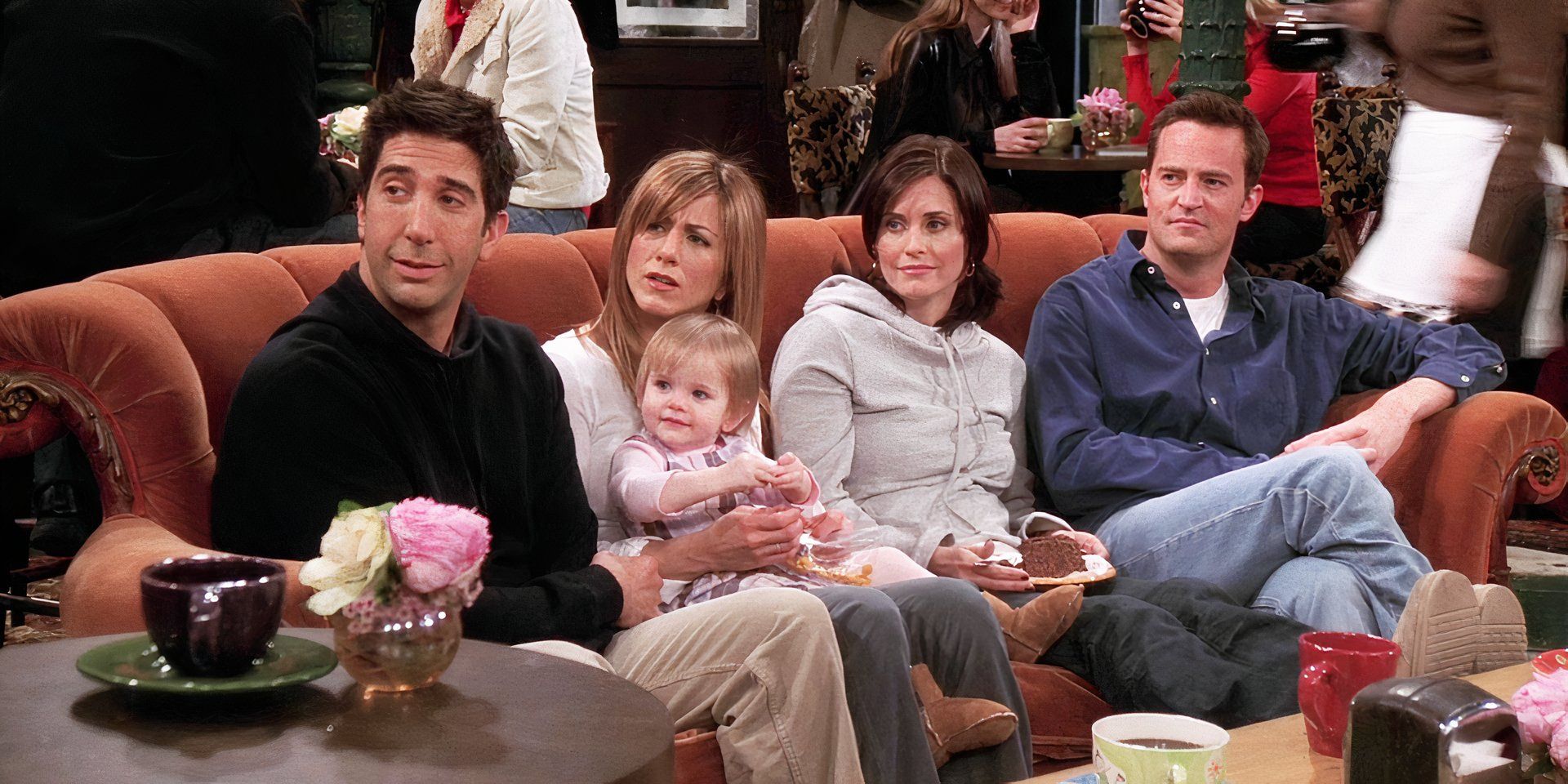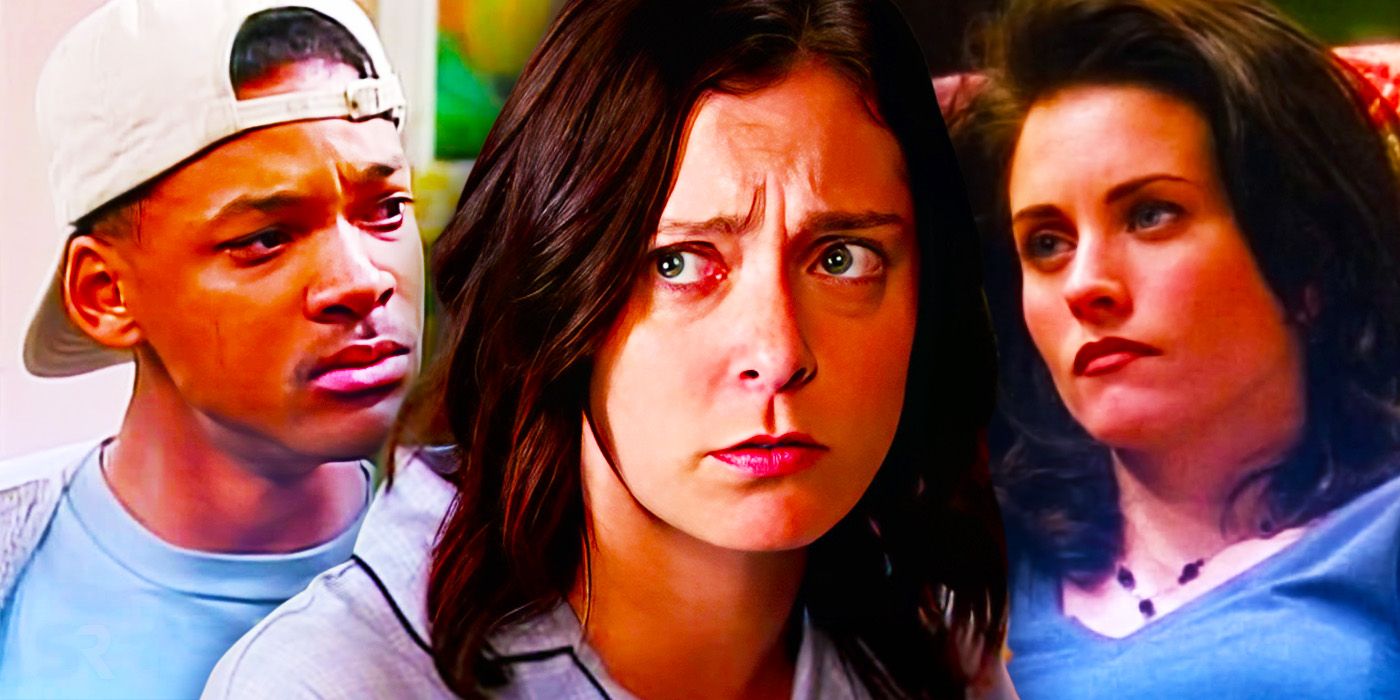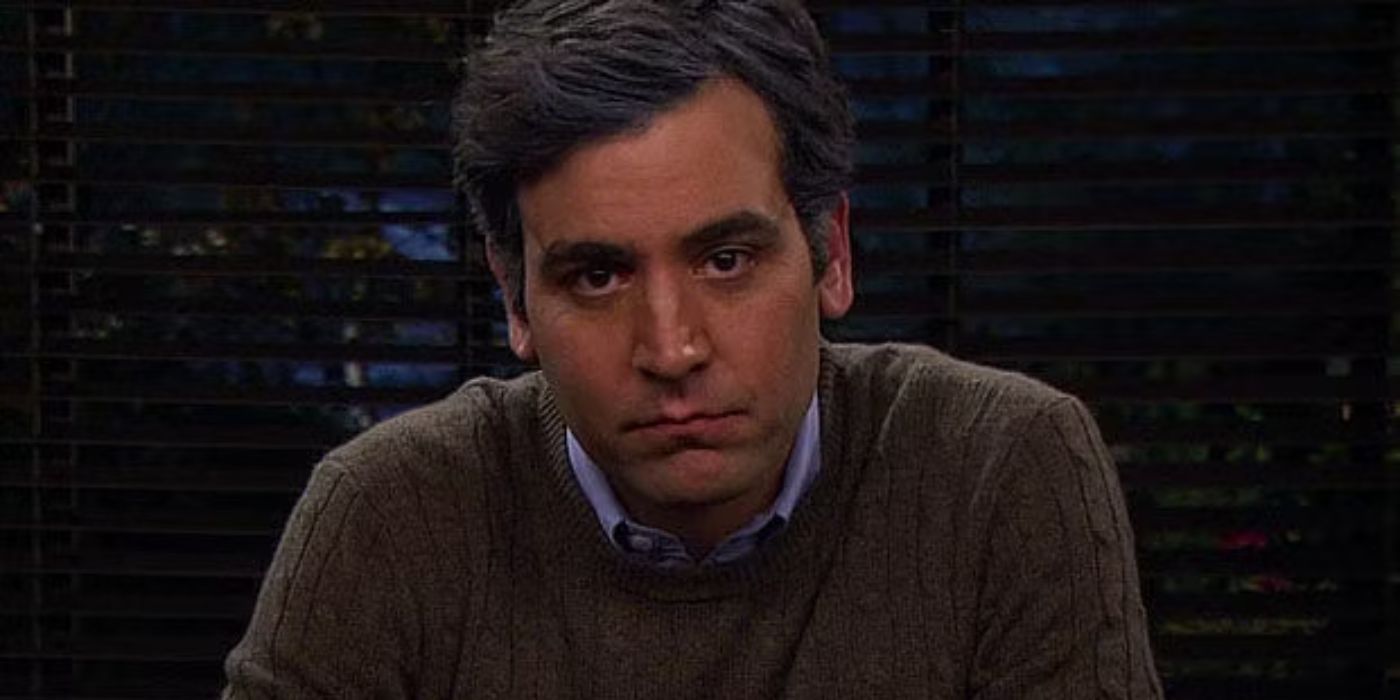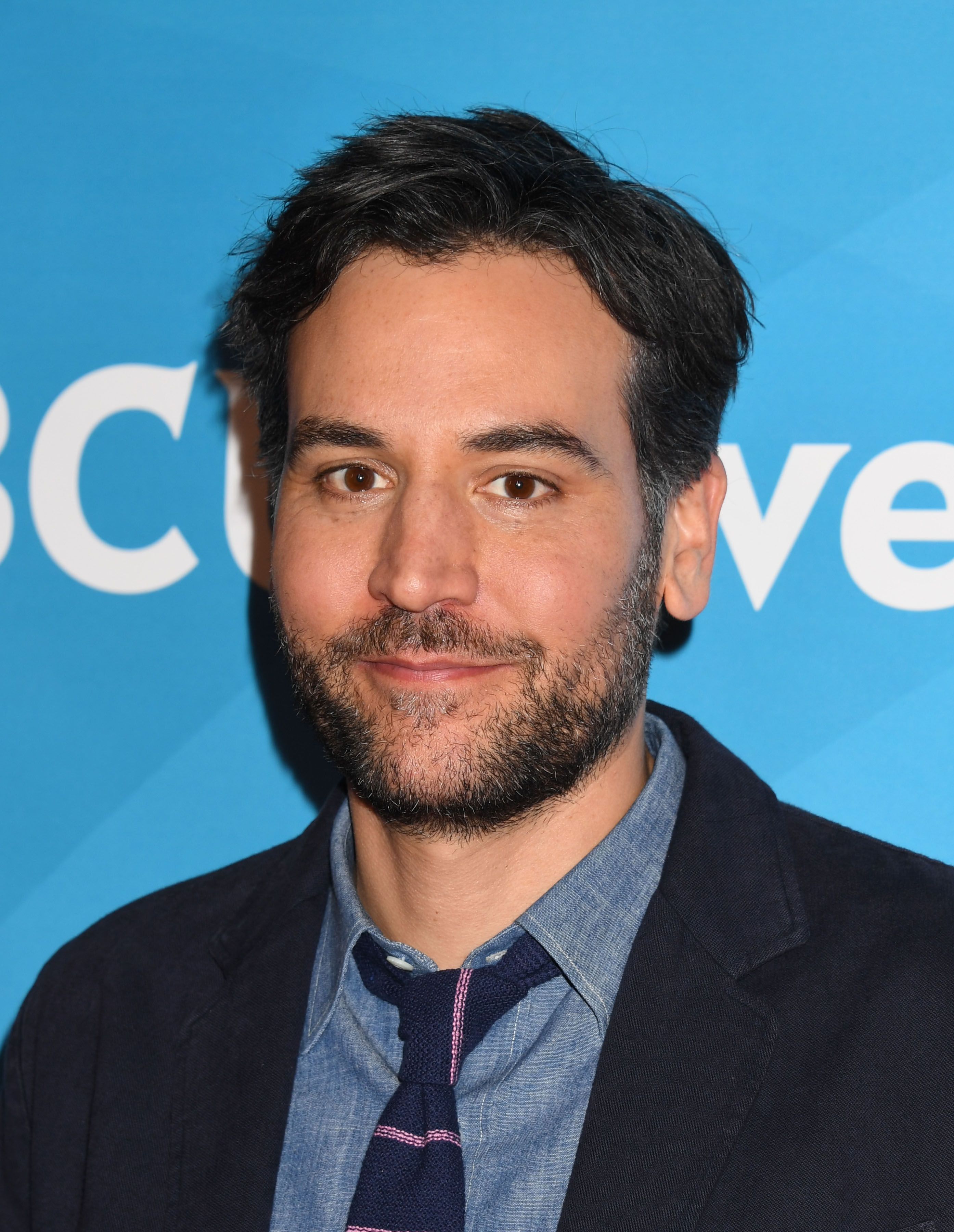The main premise of the show, however, lies in its name.
For nine seasons,Ted painstakingly tells the story of how he met his children’s mother.
At first glance, the similarities betweenFriendsandHow I Met Your Motherare obvious.

Both shows follow a group of adults making their way in New York City.
Each has their own distinct personality, and of course, their own issues.
From dating to work, these “friends” appear on TV every week to make audiences laugh.

Custom Image by Yailin Chacon
Their familiar sets, from Monica’s apartment to MacLaren’s pub, evoke a sense of comfort.
However, the wayHIMYMsets itself apart is admirable and important to note.
The result is two shows that may share similar qualities, but leave audiences feeling completely different.

How I Met Your Mother is a television series that follows a father telling his children about his past. Released in 2005, it explores his experiences and adventures with four close friends, leading up to meeting their mother, as depicted through a series of flashbacks.
Suddenly, the commonalities are not so obvious.
For one thing,Friendsis very muchan ensemble show, whereasHIMYMcenters on Ted more than any other character.
On top of that, the friend group archetypes are quite different.

None of theFriendscharacters have a direct parallel toHIMYM’scharacters.
They all stand on their own.
Finally,HIMYMgets a bit deeper thanFriendsdoes.

Notably,Friendsisn’t all fun and games, as each of the characters goes through missteps and losses.
However,How I Met Your Motheroften takes this one step further.
In many ways,How I Met Your Mother’ssadder plotlines make the show that much better.

Their lives are just as flawed and dynamic as the viewers are.
It now stands on its own as a lovable and memorable sitcom from the early 2000s.
Though it shares commonalities withFriends,the two shows are completely separate in the minds of audiences.

Furthermore,How I Met Your Motherdefinitely has its own flaws, just likeFriendsdoes.
These days,How I Met Your Mothercan be remembered for a number of things, good or bad.
Audiences may remember the hilarious gags and lovable characters.

